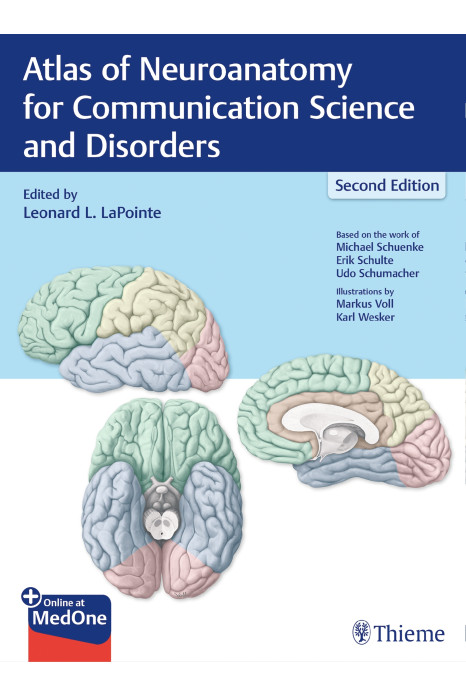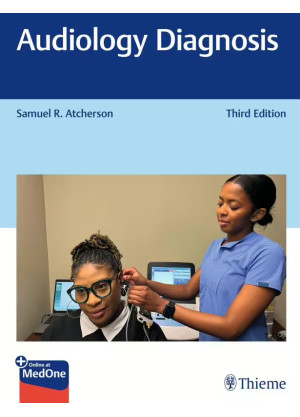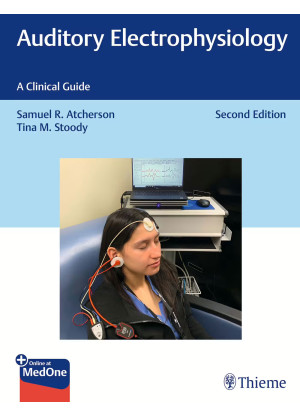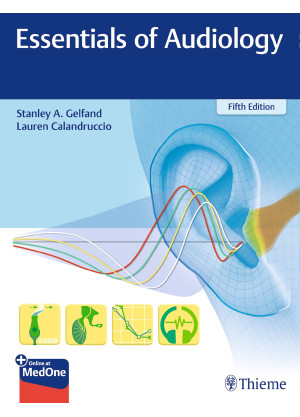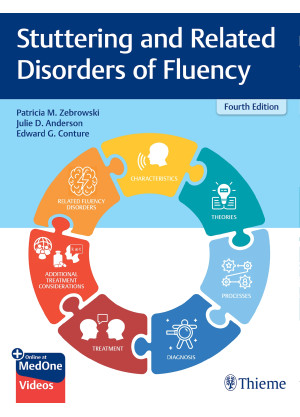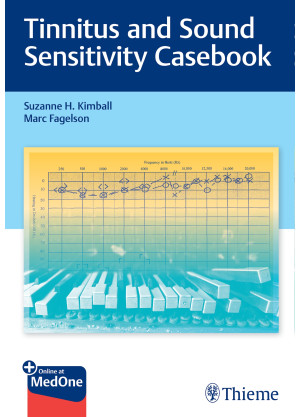A beautifully illustrated atlas that provides robust speech-language pathology and audiology learning tools
Atlas of Neuroanatomy for Communication Science and Disorders, Second Edition, is based on the award-winning textbook Atlas of Anatomy and the work of Michael Schuenke, Erik Schulte, and Udo Schumacher. The updated text reflects advances in neuroscience and invaluable insights from Leonard L. LaPointe, one of the foremost teachers and practitioners in the field of brain-based communication disorders today. The book features beautiful illustrations from the recently published second edition of the Schuenke atlases and new content on cognition, higher cortical function, the spinal cord, structural damage, and clinic-pathological effects.
Divided into seven chapters, the book is presented in a logical framework, starting with a concise, illustrated overview of anatomy of the brain and nervous system. This approach ensures mastery of introductory concepts before readers move on to more advanced material. The text covers traditional acquired speech-language conditions such as aphasia and neuromotor speech disorders, cognition and swallowing disorders, communication impairments caused by traumatic brain injury, multisystem blast injuries, and degenerative disorders of the nervous system.
Key Highlights
- More than 450 exquisitely rendered full-color illustrations delineate basic anatomy and physiology, multiple visual perspectives, and impacted and interrelated body structures
- Descriptive legends and text bridge the gap between neuroanatomic principles and clinical applications
- Tables, charts, and concise text clearly detail the role of anatomical structures in normal communication and what happens when they dysfunction
This remarkable atlas is essential reading for graduate and undergraduate students in speech-language pathology, audiology, and communication sciences. It will also greatly benefit clinicians who need to understand the crucial connection between neuroanatomy and functional systems when treating people with communication disorders. It should be on the bookshelf of every practicing clinician or student who deals with brain-based disorders.
This book includes complimentary access to a digital copy on https://medone.thieme.com.
